Hargreaves Lansdown takeover: what it means for your money
Britain’s biggest investment platform has agreed a £5.4 billion takeover that looks set to complete next week. What does it mean for customers and shareholders?

Marc Shoffman
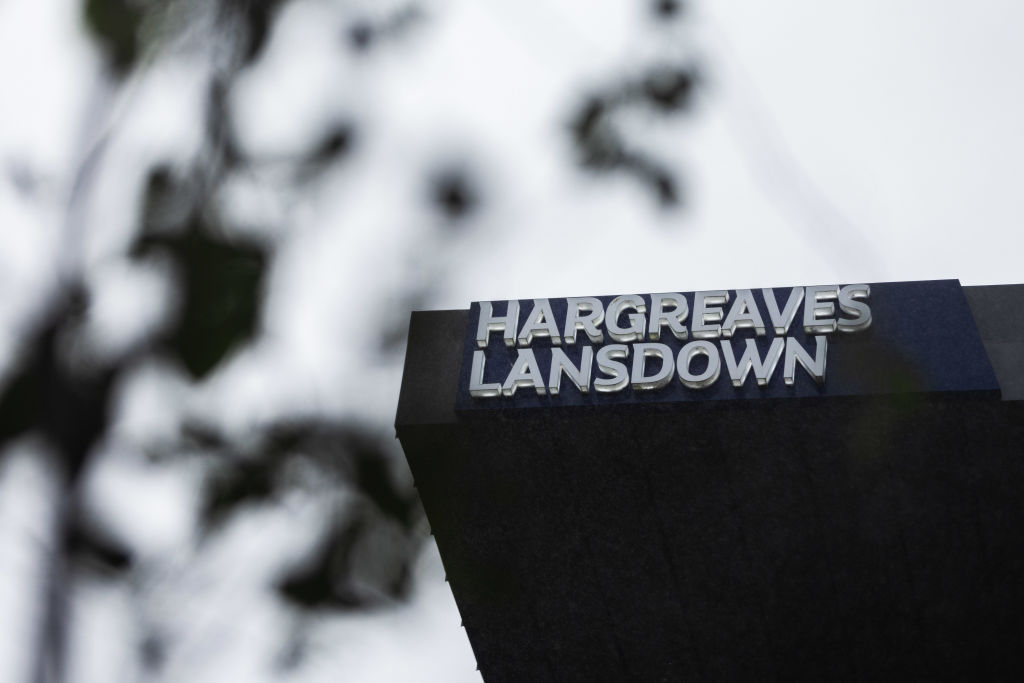
Get the latest financial news, insights and expert analysis from our award-winning MoneyWeek team, to help you understand what really matters when it comes to your finances.
You are now subscribed
Your newsletter sign-up was successful
Want to add more newsletters?

Twice daily
MoneyWeek
Get the latest financial news, insights and expert analysis from our award-winning MoneyWeek team, to help you understand what really matters when it comes to your finances.

Four times a week
Look After My Bills
Sign up to our free money-saving newsletter, filled with the latest news and expert advice to help you find the best tips and deals for managing your bills. Start saving today!
Investing platform giant Hargreaves Lansdown is set to exit the stock market next week as the £5.4 billion takeover of the brand by a group of private equity investors nears completion.
The consortium led by CVC Capital Partners made several bids for the investment platform earlier last year year, with the Hargreaves Lansdown board finally agreeing to an offer in August 2025
The £11.40-a-share offer was recommended to shareholders, and 87% voted the deal through in October 2024.
MoneyWeek
Subscribe to MoneyWeek today and get your first six magazine issues absolutely FREE

Sign up to Money Morning
Don't miss the latest investment and personal finances news, market analysis, plus money-saving tips with our free twice-daily newsletter
Don't miss the latest investment and personal finances news, market analysis, plus money-saving tips with our free twice-daily newsletter
As a result, the FTSE 100 company will leave the London stock market. The buyers are CVC, Sweden’s Nordic Capital, and a subsidiary of the Abu Dhabi Investment Authority.
A stock market update earlier this week (18 March), confirmed that Hargreaves Lansdown shares will be suspended from 24 March and the company is expected to delist on 25 March in preparation for the deal to complete.
It was also announced this week that Hargreaves Lansdown’s chief financial officer Amy Stirling will leave the business.
Hargreaves Lansdown is the UK’s largest investment platform, with 1.8 million customers. In recent years, it has launched a savings marketplace called Active Savings and cut the fees on lifetime ISAs and junior ISAs.
Earlier this year Hargreaves Lansdown gave retail investors access to primary gilt markets. It has also expanded its range of managed funds with a cheaper, index-focused alternative.
We look at what the takeover means for you, whether you’re a shareholder or a customer.
I’m a shareholder – how does it affect me?
Hargreaves Lansdown was founded in 1981 by Peter Hargreaves and Stephen Lansdown. They own 26% of the shares between them.
The offer values the company at £11.40 per share and is more than 15% higher than the £9.85 per share offer made in April, which was dismissed by the Hargreaves Lansdown board as significantly undervaluing the company.
The takeover will result in a bumper payday for the billionaire founders, netting them hundreds of millions of pounds.
Ordinary shareholders were asked to vote on the deal, and 87% agreed to it, while 13% voted against the takeover.
It means Hargreaves Lansdown's takeover deal has cleared a major hurdle, as there needed to be at least a 75% majority for the deal to go ahead.
Shareholders will now have to decide whether to transfer their stake to the new unlisted company or accept cash in exchange for their shares.
Those wanting to sell their holding will get £11.10 per share in cash, plus a dividend of 30p per share, taking the total to £11.40. Shareholders who wish to retain their stake will be subject to an overall cap of 35% ownership.
It is expected that most shareholders will opt to take the cash, rather than have a holding in an unlisted company. The announcement in August confirmed that Hargreaves would take only 50% of his shares into the new venture, while Lansdown will sell all of his shares.
Should I sell or keep my shares?
Hargreaves Lansdown shares are easily traded at the moment because they are listed on the UK stock market. Once the company goes into private hands, you will no longer be able to sell and buy them in the same way.
Holding unlisted shares can be tricky to manage and hard to sell. If you want to offload shares you will have to find a buyer or wait until the new owners decide to sell or list the company on a stock exchange again.
Unlisted companies operate without the same reporting requirements as those on a stock market, which can make it difficult to get an accurate picture of their operations and performance. It can be difficult to value unlisted firms, and so you may not know how much your holding is worth.
We have lots more information on this topic in our article on what happens when a company delists from a stock exchange?
I’m a customer – how will it affect me?
There is unlikely to be any changes to the investment platform either now or in the early stages following the takeover.
Hargreaves Lansdown says: “It’s important to understand that the offer doesn’t have any impact on how your assets are held or managed and there is no change to the security of your assets.
“Nor are we planning any changes to any of our products, services, or to your investments and cash on our platform.”
You should be able to continue to access your account (whether it's in an ISA, savings account, pension or fund and share account), and trade investments, regardless of who owns the business.
The consortium says it has no intention of changing the location of the investment firm’s Bristol headquarters, which is where most of its 2,400 staff work.
The private equity buyers praised Hargreaves Lansdown for its strong, trusted brand and its important purpose of helping people manage their financial wealth and enabling clients to get the right outcomes.
However, it also said the company requires substantial investment in an "extensive technology-led transformation", in order to drive the next phase of growth and development. So, in time, the investment platform could look different in terms of its technology infrastructure and digital channels.
Hargreaves Lansdown saw a 16% drop in new business in the three months to September 2024, according to its latest results.
The firm said it brought in £500 million in net new business, compared with £600 million in the previous quarter.
Is my money at risk?
Hargreaves Lansdown will continue to be regulated by the Financial Conduct Authority (FCA).
The investment platform states: “The entity which holds client assets (HL Nominee) is segregated from the business and the liabilities of the business.
“All client money is held by us on trust and is segregated from our own funds in accordance with the FCA’s client money rules and guidance.”
The FCA regulation means customers will still be able to take any complaints to the Financial Ombudsman Service. You will also continue to have protection under the Financial Services Compensation Scheme (FSCS), which covers up to £85,000 held in any firm that fails.
Get the latest financial news, insights and expert analysis from our award-winning MoneyWeek team, to help you understand what really matters when it comes to your finances.

Ruth is an award-winning financial journalist with more than 15 years' experience of working on national newspapers, websites and specialist magazines.
She is passionate about helping people feel more confident about their finances. She was previously editor of Times Money Mentor, and prior to that was deputy Money editor at The Sunday Times.
A multi-award winning journalist, Ruth started her career on a pensions magazine at the FT Group, and has also worked at Money Observer and Money Advice Service.
Outside of work, she is a mum to two young children, while also serving as a magistrate and an NHS volunteer.
- Marc ShoffmanContributing editor
-
 Should you buy an active ETF?
Should you buy an active ETF?ETFs are often mischaracterised as passive products, but they can be a convenient way to add active management to your portfolio
-
 Power up your pension before 5 April – easy ways to save before the tax year end
Power up your pension before 5 April – easy ways to save before the tax year endWith the end of the tax year looming, pension savers currently have a window to review and maximise what’s going into their retirement funds – we look at how
-
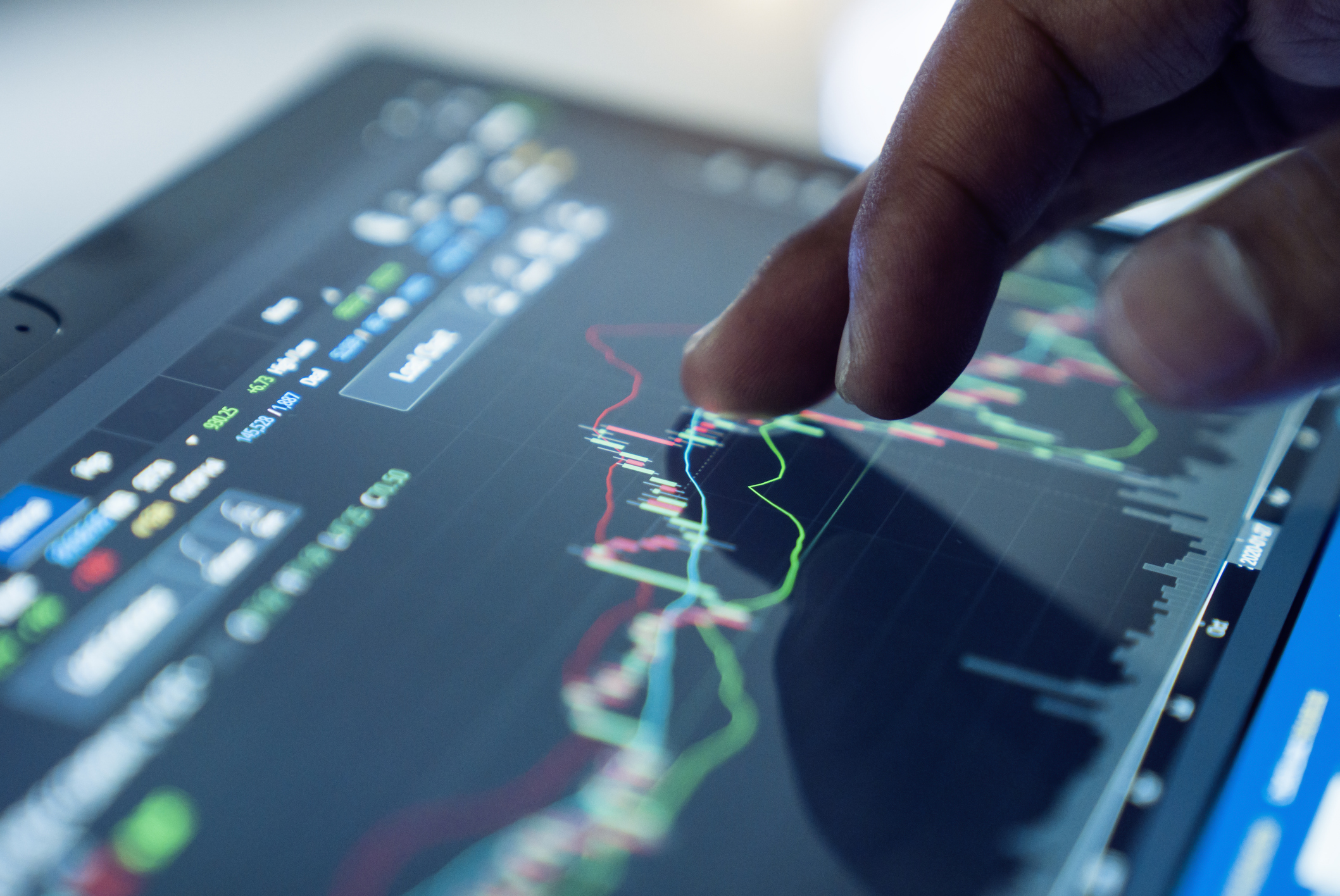 Fund inflows hit a six-month high in November – where are investors putting their money?
Fund inflows hit a six-month high in November – where are investors putting their money?Investors returned to the financial markets amid the Autumn Budget in November 2025 but caution remains.
-
 The top stocks of 2025 - did you pick a winner?
The top stocks of 2025 - did you pick a winner?Last year was a chaotic one for the stock market, but which stocks did investors buy the most of?
-
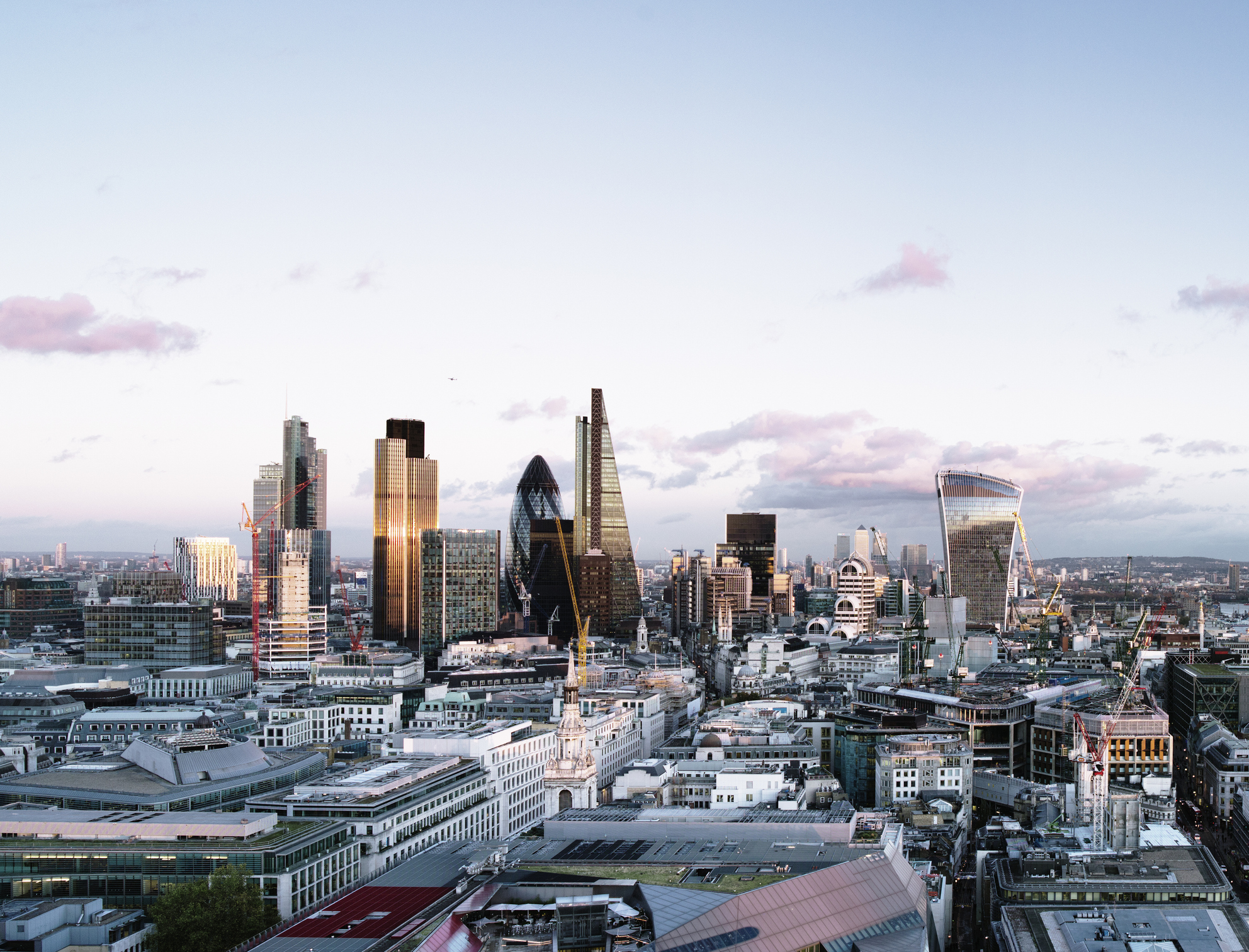 FTSE 100 dividend forecast slips – should you buy UK equities?
FTSE 100 dividend forecast slips – should you buy UK equities?Analysts have dialled back their FTSE 100 dividend forecasts, but UK equities could still offer an attractive yield overall
-
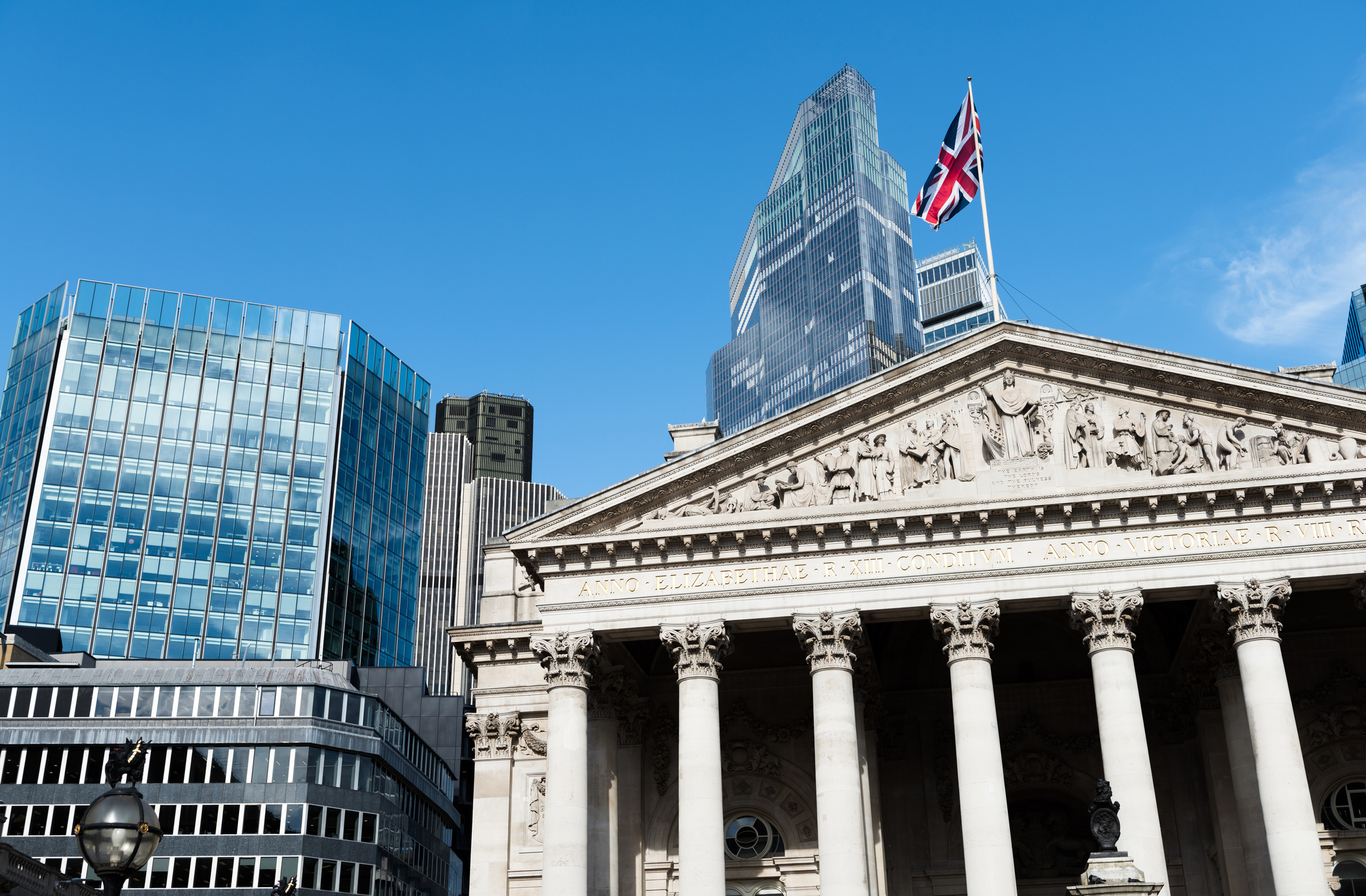 The top stocks in the FTSE 100
The top stocks in the FTSE 100The FTSE 100 celebrated its best year since the global financial crisis in 2025 and has hit new highs early this year. Which are the top stocks that drove last year's gains?
-
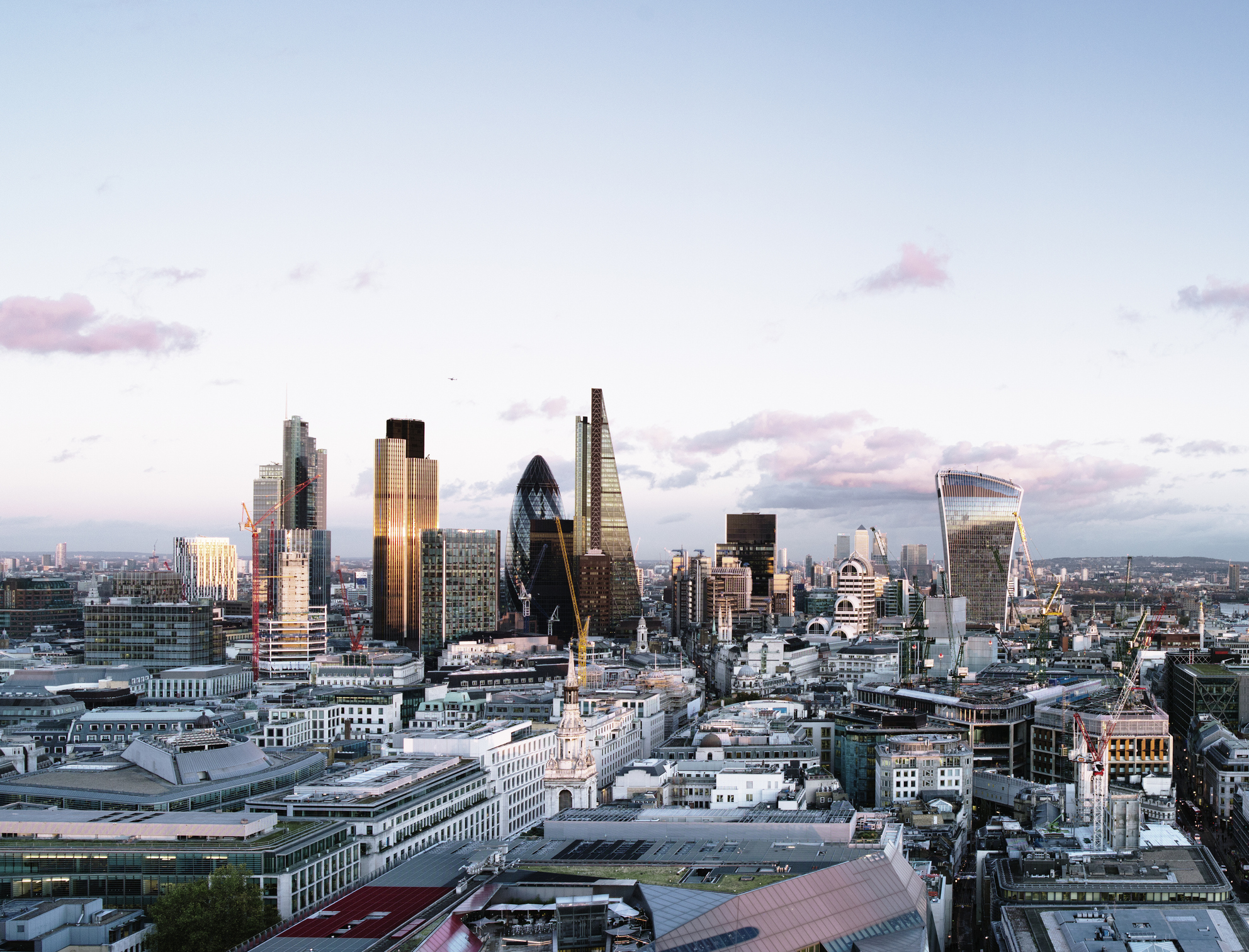 FTSE 100 dividends: where to find the best yields for UK equities
FTSE 100 dividends: where to find the best yields for UK equitiesFTSE 100 dividend forecasts have sagged but investors can still find good yields in UK equities with payments expected to reach more than £80 billion in 2025
-
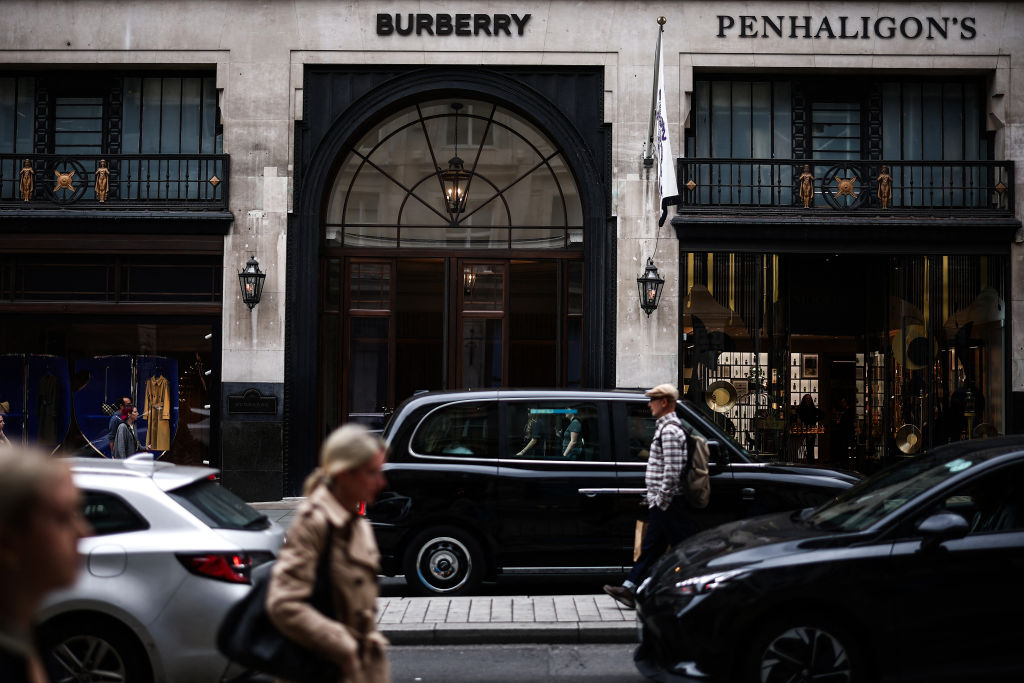 Burberry dumped out of the FTSE 100 after 15 years - here's everything you need to know
Burberry dumped out of the FTSE 100 after 15 years - here's everything you need to knowBurberry loses its place to Hiscox, while tech firm Raspberry Pi is promoted to the FTSE 250 after listing in July.
-
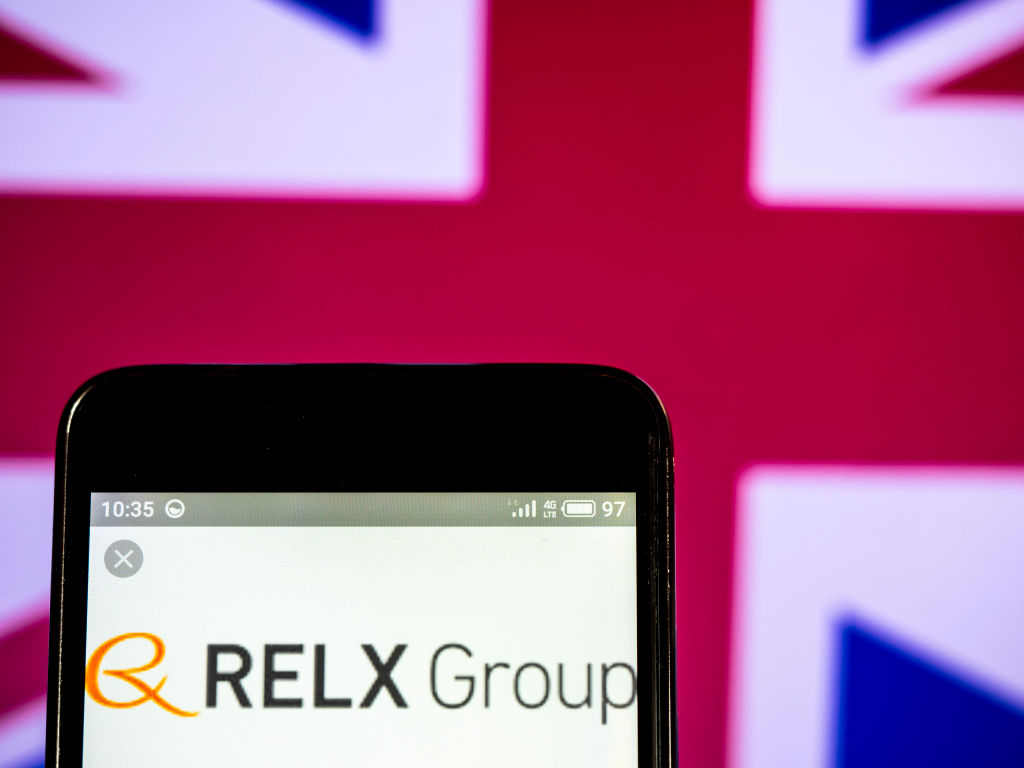 Relx outperforms: should you buy this FTSE 100 success story?
Relx outperforms: should you buy this FTSE 100 success story?Relx, a fast-growing risk management and analytics group is benefiting from artificial intelligence
-
 Ocado shares plunge after FTSE 100 demotion
Ocado shares plunge after FTSE 100 demotionOcado remains unprofitable and overvalued. Is it time to let go of the online supermarket?